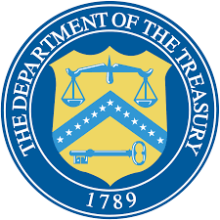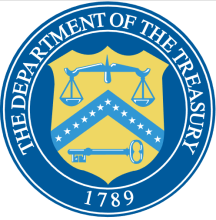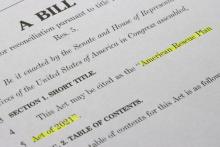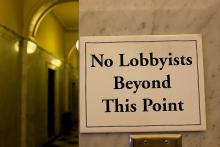Capital Projects Fund Deadline Extended for Tribes to August 15
The application deadline for the Capital Projects Fund, which will direct $100 million in federal funding to Tribal governments to build broadband infrastructure, has been extended to August 15th, 2022. It's a relateively simple application, offering $167,000 in grant funds to each Tribal government.
The fund explicitly emphasizes capital outlay for new infrastructure projects. From the Department of Treasury, uses include:
Capital assets designed to directly enable work, education, and health monitoring.
Project[s] designed to address a critical need that resulted from or was made apparent or exacerbated by the COVID-19 public health emergency.
Project[s] designed to address a critical need of the community to be served by it.
Examples of projects provided by the Treasury include:
Purchasing digital connectivity devices, such as desktop computers, laptops, or tablets, to facilitate internet access
Purchasing digital connectivity technologies, such as public Wi-Fi, to facilitate internet access
Supplementing another federal government broadband program (e.g., Coronavirus State and Local Fiscal Recovery Funds, NTIA Tribal Broadband Connectivity Program, or other funds) that meet minimum service standards provided by the Capital Projects Fund Guidance
Installing or enhancing broadband infrastructure to serve communities by meeting minimum service standards provided by the Capital Projects Fund Guidance
Constructing or improving buildings, such as multi-purpose community centers, that are designed to jointly enable work, education, and health monitoring
It's worth pointing out, via the Treasury guidance page, that "as of April 4, 2022, applicants are required to provide a Universal Entity ID (UEID) number when applying for CPF funds, and will no longer need to provide a DUNS number." More instructions here.
Additional resources:









